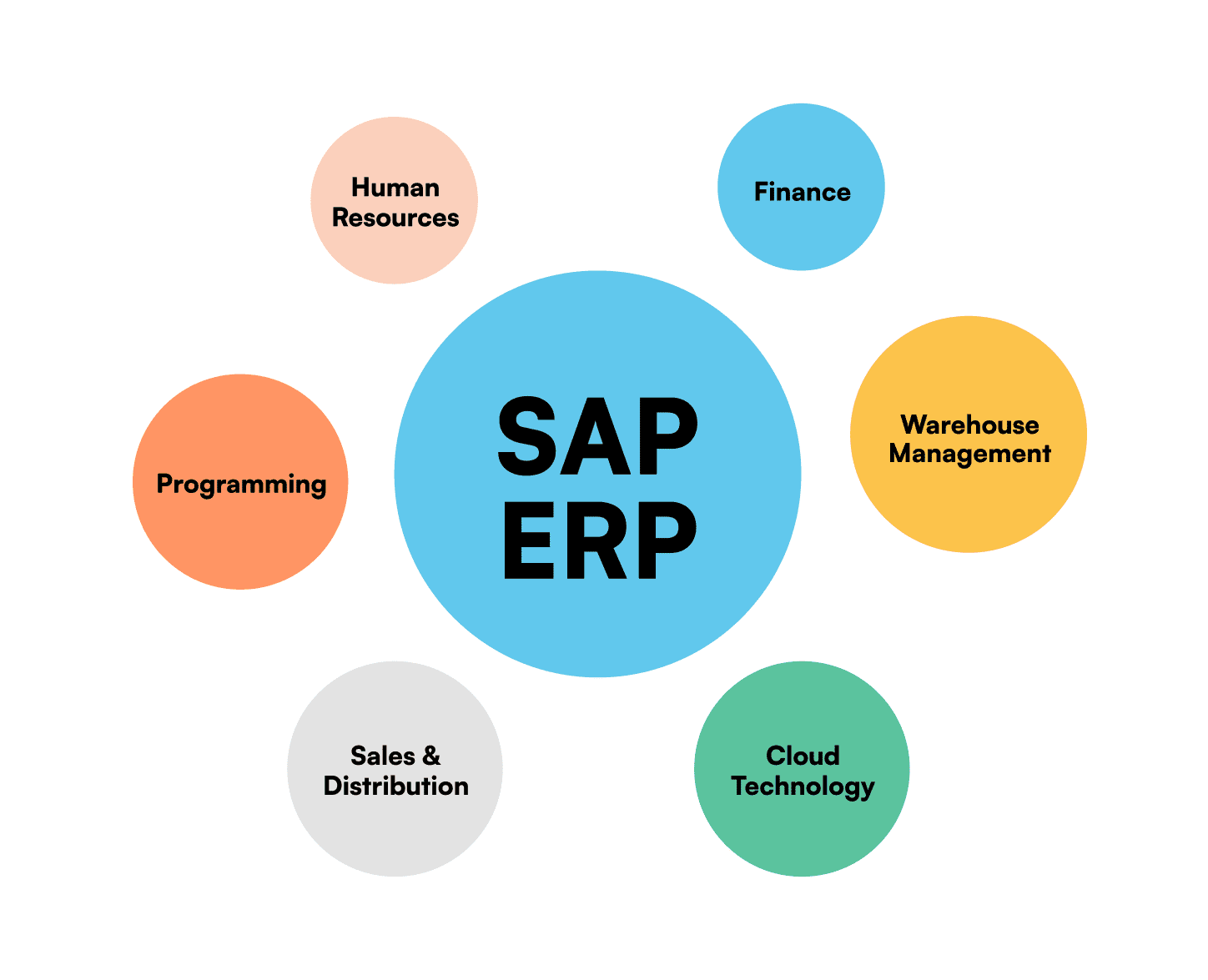In the ever-evolving world of enterprise software, SAP Test Automation has become the backbone of continuous improvement, ensuring stability and reliability across mission-critical business processes. However, as organizations rush to meet stringent data privacy regulations, many fall into the trap of treating test data security as nothing more than a compliance checkbox. While such an approach may satisfy auditors, it often leads to environments that technically “work” on paper—but fail in practice.
In this article, we’ll explore why test data security must be treated as a strategic component of SAP Test Automation, how compliance-only approaches can undermine QA effectiveness, and how leading solutions like Worksoft are transforming how enterprises balance data protection, automation, and business continuity.
Understanding SAP Test Automation
SAP Test Automation refers to the use of automated tools and frameworks to validate SAP processes—such as order-to-cash, procure-to-pay, and financial close—without the need for manual testing. These automated tests ensure that updates, integrations, and system migrations don’t disrupt business operations.
In modern enterprises, where SAP systems form the digital core, automation is essential for:
- Reducing regression testing time during upgrades and patches
- Ensuring compliance with business rules and workflows
- Improving overall release quality
- Supporting agile and DevOps methodologies
However, the accuracy and reliability of automated testing depend heavily on the quality, consistency, and security of the test data being used. That’s where many organizations face a dilemma.
The Compliance-First Mindset: A Hidden Pitfall
When regulatory frameworks like GDPR, CCPA, and SOX came into effect, many companies rushed to anonymize or mask their SAP data. While this approach meets compliance requirements, it often strips away the relationships and integrity that make the data usable in real-world testing scenarios.
For example, a masked customer name might no longer match the corresponding order data or billing information. When automated scripts encounter these inconsistencies, they fail—not because the system is broken, but because the data has lost its meaning.
This compliance-first approach typically results in:
- Broken automation scripts due to data mismatches
- Reduced test coverage because of limited usable data
- Manual interventions to “fix” test scenarios
- Slower release cycles and higher costs
In other words, you end up with an SAP test environment that’s compliant but not functional.
Why Test Data Security Should Be Strategic
Instead of viewing data protection as a legal obligation, leading QA teams treat it as a strategic advantage. Secure test data that’s also accurate and realistic enables automation to function at full capacity.
A truly effective SAP Test Automation strategy integrates compliance and usability by:
- Preserving Data Integrity: Using intelligent masking techniques that maintain logical relationships between datasets, such as customer accounts and transaction histories.
- Leveraging Synthetic Data: Creating realistic, non-sensitive datasets that replicate production behavior without exposing private information.
- Applying Role-Based Access Control (RBAC): Restricting data access based on user roles to minimize risk while ensuring that testers can still perform complete end-to-end validations.
- Automating Data Refresh Cycles: Keeping test data up to date through automated extraction, transformation, and loading (ETL) pipelines from production systems.
This balance between security and usability ensures both compliance and functionality—something compliance-only methods fail to achieve.
How Poor Test Data Security Affects SAP Automation
When data is over-sanitized or poorly masked, the negative impact on automation is significant:
- Flaky Tests: Automated scripts fail unpredictably because test data doesn’t align with real-world logic.
- Inaccurate Test Results: False positives and negatives become more common, eroding trust in automated testing outcomes.
- Reduced Efficiency: Testers spend hours troubleshooting scripts that would otherwise run smoothly with valid data.
- Delayed Releases: QA bottlenecks prevent teams from meeting agile sprint deadlines or continuous deployment schedules.
Ultimately, what starts as a well-intentioned compliance effort can lead to a loss of confidence in automation and a return to manual testing—defeating the purpose of implementing SAP Test Automation in the first place.
The Role of Worksoft in Enabling Secure and Scalable SAP Test Automation
Worksoft is a global leader in SAP Test Automation, trusted by Fortune 500 enterprises to deliver secure, intelligent, and scalable automation solutions. The company’s flagship product, Worksoft Certify®, allows organizations to automate complex SAP business processes end-to-end—without writing a single line of code.
But what truly sets Worksoft apart is its integrated approach to test data management and security. Worksoft’s platform ensures that testing teams can access safe, compliant, and realistic data across SAP and non-SAP systems, enabling automation that’s both reliable and regulation-friendly.
Key Features and Benefits
- End-to-End Automation: Automate cross-application workflows spanning SAP, Salesforce, Oracle, and custom web apps.
- Compliance Assurance: Maintain adherence to global data protection standards without compromising test realism.
- Continuous Testing: Enable test automation to run seamlessly within CI/CD pipelines for faster delivery cycles.
- No-Code Environment: Empower business users to participate in automation, reducing dependency on IT teams.
- Business Process Capture: Automatically document processes to support audits, compliance reporting, and knowledge sharing.
Through these features, Worksoft bridges the gap between compliance and operational excellence—helping organizations maintain data integrity while accelerating digital transformation.
Real-World Benefits of Secure SAP Test Automation
Organizations that elevate test data security to a strategic level experience measurable performance improvements:
- Faster Testing Cycles: Realistic data enables automation to run without frequent script failures.
- Reduced Production Defects: Better test coverage ensures issues are caught early in the QA phase.
- Improved Collaboration: Secure, accessible data fosters smoother cooperation between QA, DevOps, and business stakeholders.
- Increased ROI: Lower maintenance costs and faster releases translate to stronger business outcomes.
- Regulatory Confidence: Security and compliance are built-in—not added as an afterthought.
With solutions like Worksoft Certify, enterprises can maintain the balance between security, compliance, and test accuracy—an achievement that pays off in both efficiency and reliability.
Moving from Compliance to Competence
Treating test data security as a compliance checkbox might keep auditors happy, but it won’t deliver the innovation, agility, or speed today’s enterprises demand. The future of SAP Test Automation depends on treating security as a core competency—not a constraint.
Organizations must shift their mindset from reactive compliance to proactive governance. That means investing in automation tools and data management practices that protect sensitive information while enabling full-scale testing.
As digital transformation accelerates, the cost of test failure—both financial and reputational—will only rise. Those who strike the right balance between protection and practicality will be the ones who lead in operational excellence.
Conclusion
SAP Test Automation is no longer optional—it’s essential for businesses that want to innovate quickly and confidently. But as data privacy laws tighten, it’s equally crucial to recognize that test data security cannot be reduced to a compliance checkbox.
A compliance-only mindset may check all the boxes but will inevitably cripple your QA processes. Instead, by adopting intelligent data management, contextual masking, and continuous automation strategies, organizations can achieve both compliance and performance.
With trusted partners like Worksoft, enterprises can automate with confidence—ensuring every test is secure, scalable, and strategically aligned with business goals.





























